Composting machine application of new materials
With the advancement of agricultural modernization, the role of organic fertilizer composting machines in organic fertilizer production has become increasingly critical. In order to further improve the performance of composting machines and meet the growing demand for agricultural production, the application of new materials has become a research hotspot. With its unique properties, new materials have brought new opportunities for the development of organic fertilizer composting machines with efficient organic waste conversion capabilities.
1.Application of nanocomposites in composting machines
① The principle of nanomaterials to enhance the strength of the tank body
Nanomaterials have extremely small particle sizes and extremely large specific surface areas. When used in the manufacture of organic fertilizer composting machines with high-strength and corrosion-resistant properties, they can form a close combination with traditional materials. Taking nanoparticle-reinforced metal-based composites as an example, nanoparticles are evenly dispersed in the metal matrix, playing the role of pinning dislocations and hindering dislocation movement, thereby significantly improving the strength and hardness of the tank body. Compared with traditional tank body materials, after adding nanomaterials, the tank body can withstand greater pressure and impact, effectively extending its service life.
② Positive impact on the fermentation process
Organic fertilizer composting machines made of nanocomposites with excellent sealing and stability can better maintain the fermentation environment due to their good sealing and stability. During the fermentation process, a stable tank environment is conducive to the growth and metabolism of microorganisms and improves fermentation efficiency. For example, the tank body enhanced by nanomaterials can reduce oxygen penetration, create more favorable conditions for anaerobic fermentation, promote the reproduction of beneficial anaerobic bacteria, and accelerate the decomposition and transformation of organic waste, thereby improving the yield and quality of organic fertilizer.
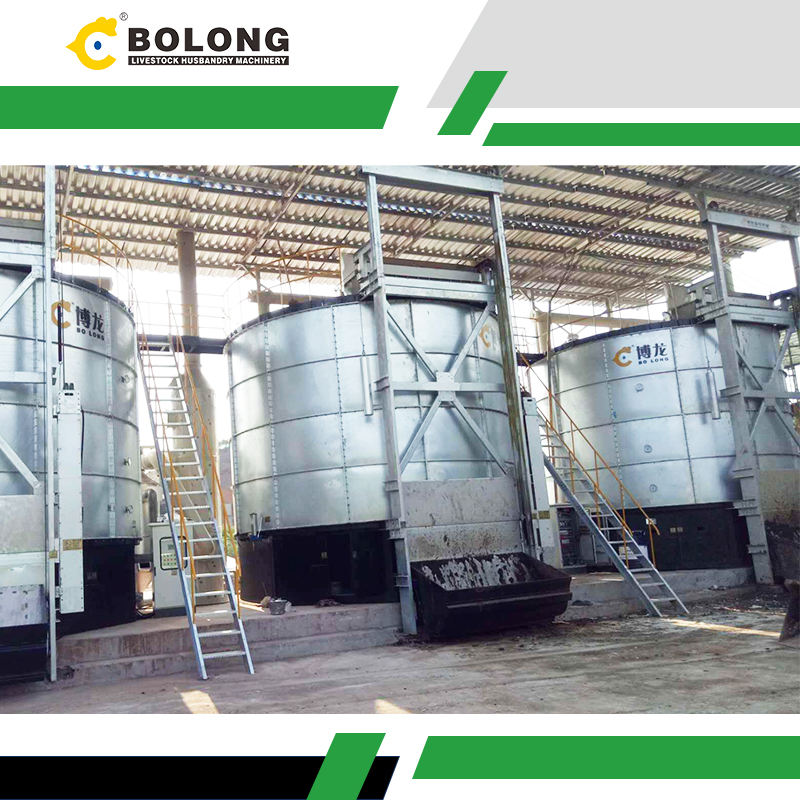
2.Application of smart materials in organic fertilizer composting machines
①Application of smart temperature control materials
Smart temperature control materials are an important member of smart materials and play a key role in organic fertilizer composting machines with smart temperature control and regulation functions. This type of material can automatically adjust its own performance according to changes in the external ambient temperature, thereby achieving precise control of the temperature in the composting machine. For example, some smart temperature control materials with shape memory effect will change shape when the temperature deviates from the set range, and start or shut down the corresponding heating or heat dissipation device to ensure that the fermentation temperature is always in a suitable range.
②Advantages of adaptive adjustment
The adaptive adjustment function of intelligent temperature control materials avoids the lag and inaccuracy of traditional temperature control methods. It can sense the subtle changes in temperature in the organic fertilizer composting machine with intelligent temperature control function in real time, and respond quickly to maintain the stability of the fermentation process. This is not only conducive to improving fermentation efficiency, but also reduces the impact of temperature fluctuations on microbial activity and ensures the stability of organic fertilizer quality. At the same time, the application of intelligent temperature control materials can also reduce energy consumption and improve energy utilization efficiency.
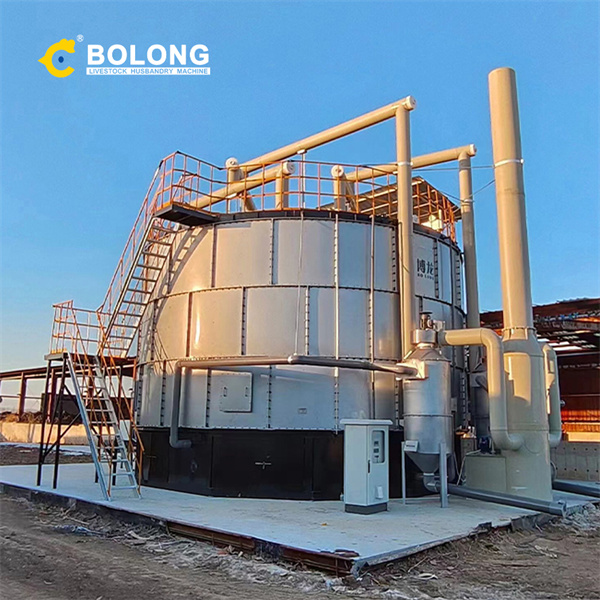
3.Application of environmentally friendly and degradable materials in composting machines
①Environmental characteristics of materials
Environmentally friendly and degradable materials can be gradually decomposed by microorganisms in the natural environment, reducing pollution to the environment. In the manufacture of organic fertilizer composting machines with environmentally friendly and degradable materials as the main body, the use of environmentally friendly and degradable materials, such as PLA, PHA, etc., is in line with the concept of sustainable development. After completing the service life of the composting machine, these materials will not become an environmental burden like traditional materials, but will be able to degrade naturally and return to the natural ecosystem.
② Application prospects in composting machine manufacturing
With the continuous improvement of environmental awareness, organic fertilizer composting machines with environmentally friendly and degradable materials as the main body have broad application prospects in composting machine manufacturing. Although its cost is relatively high at present, with the advancement of technology and the expansion of production scale, the cost is expected to decrease. In the future, environmentally friendly and degradable materials can not only be used to manufacture some parts of the composting machine, but also to achieve the degradability of the entire tank body, solving the problem of waste pollution from the source and providing strong support for the development of green agriculture.
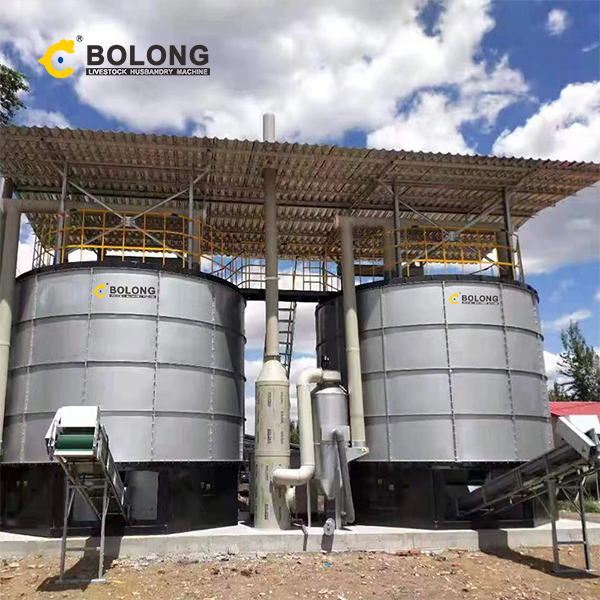
4. Composting machine application case analysis
①Actual effect of composting machines using new materials
An agricultural technology company used organic fertilizer composting machines reinforced with nano-composite materials and equipped with intelligent temperature control systems in its organic fertilizer production base. After a period of operation, it was found that the fermentation efficiency increased by about 30%, and the nutrient content of nitrogen, phosphorus, potassium and other nutrients in organic fertilizers also increased. At the same time, the intelligent temperature control system reduced energy consumption by 15%.
② Cost and benefit analysis
Although the initial purchase cost of the composting machine using new materials is about 20% higher than that of the traditional composting machine, in the long run, due to its improved fermentation efficiency, extended service life and reduced energy consumption, the comprehensive cost has been effectively controlled. Moreover, the high-quality organic fertilizer produced has a higher selling price in the market, which brings significant economic benefits to the enterprise.
The application of new materials in organic fertilizer composting machines has shown great potential. Nanocomposites, smart materials and environmentally friendly degradable materials have improved the performance of composting machines, optimized the fermentation process and enhanced environmental protection characteristics from different aspects. With the continuous advancement of technology and the gradual reduction of costs, new materials will be more widely used in the field of organic fertilizer composting machines, promoting the development of the organic fertilizer industry in the direction of high efficiency, intelligence and environmental protection.
-
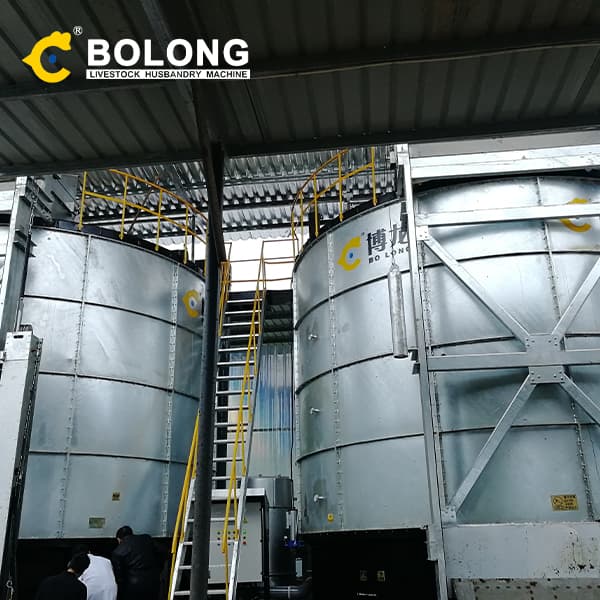 innovative animal dung composting tank24-08-31Sustainability | Free Full-Text | Optimization and Experiment Jul 21, 2023 · As livestock and poultry farming expands in China, the generation of fecal waste has significantly increased. Inadequ...
innovative animal dung composting tank24-08-31Sustainability | Free Full-Text | Optimization and Experiment Jul 21, 2023 · As livestock and poultry farming expands in China, the generation of fecal waste has significantly increased. Inadequ... -
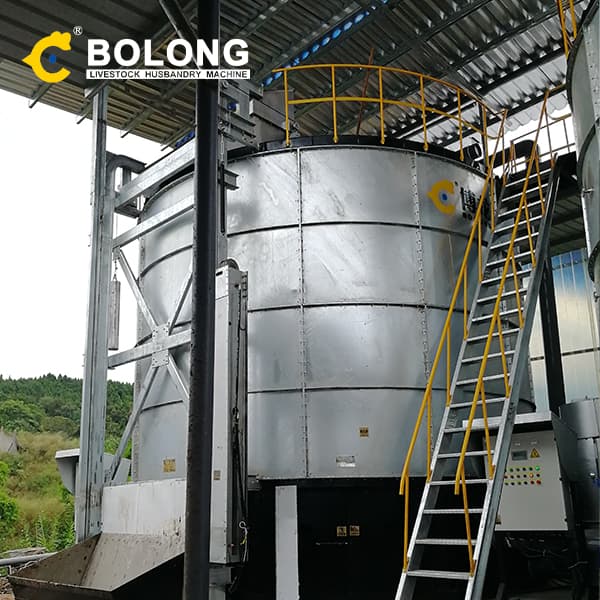 high-quality organic fertilizer composting system24-08-31Compost 101: A Beginner’s Guide to Organic Composting Dec 13, 2023 · Discover the essentials of organic composting with our comprehensive beginner's guide. Learn how to transform kitchen and gard...
high-quality organic fertilizer composting system24-08-31Compost 101: A Beginner’s Guide to Organic Composting Dec 13, 2023 · Discover the essentials of organic composting with our comprehensive beginner's guide. Learn how to transform kitchen and gard... -
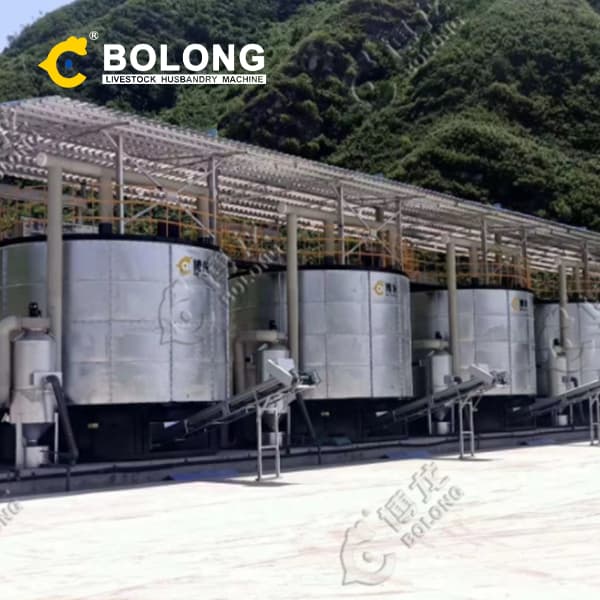 reliable chicken dung compost vessel24-08-31Chicken Manure Compost in Just 18 Days - Salt in my Coffee Jul 2, 2024 · That happens to be the perfect balance for a good hot compost pile. And from what I could see, the deep layers of pine sha...
reliable chicken dung compost vessel24-08-31Chicken Manure Compost in Just 18 Days - Salt in my Coffee Jul 2, 2024 · That happens to be the perfect balance for a good hot compost pile. And from what I could see, the deep layers of pine sha... -
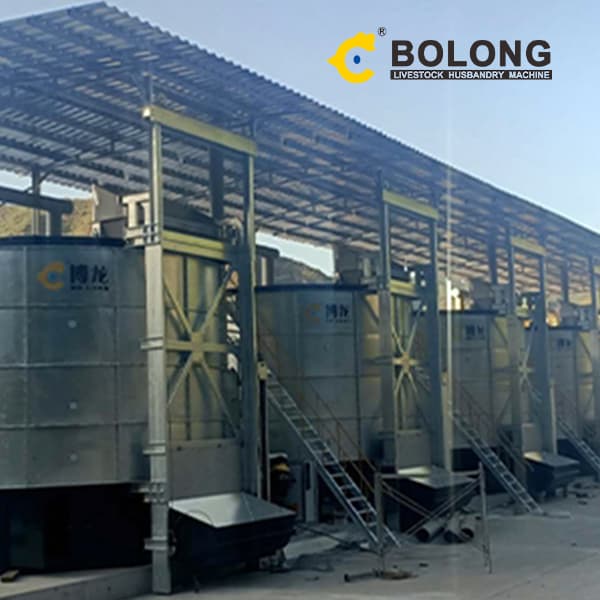 large scale poultry manure compost tank24-08-31easy operated large scale composting-Fermentation Control 2024/5/1/ · The activities of CMCase, β-Gase and FPase were detected at 0.365 U/g, 0.115 U/g and 0.096 U/g on day 0 of composting. As sho...
large scale poultry manure compost tank24-08-31easy operated large scale composting-Fermentation Control 2024/5/1/ · The activities of CMCase, β-Gase and FPase were detected at 0.365 U/g, 0.115 U/g and 0.096 U/g on day 0 of composting. As sho...